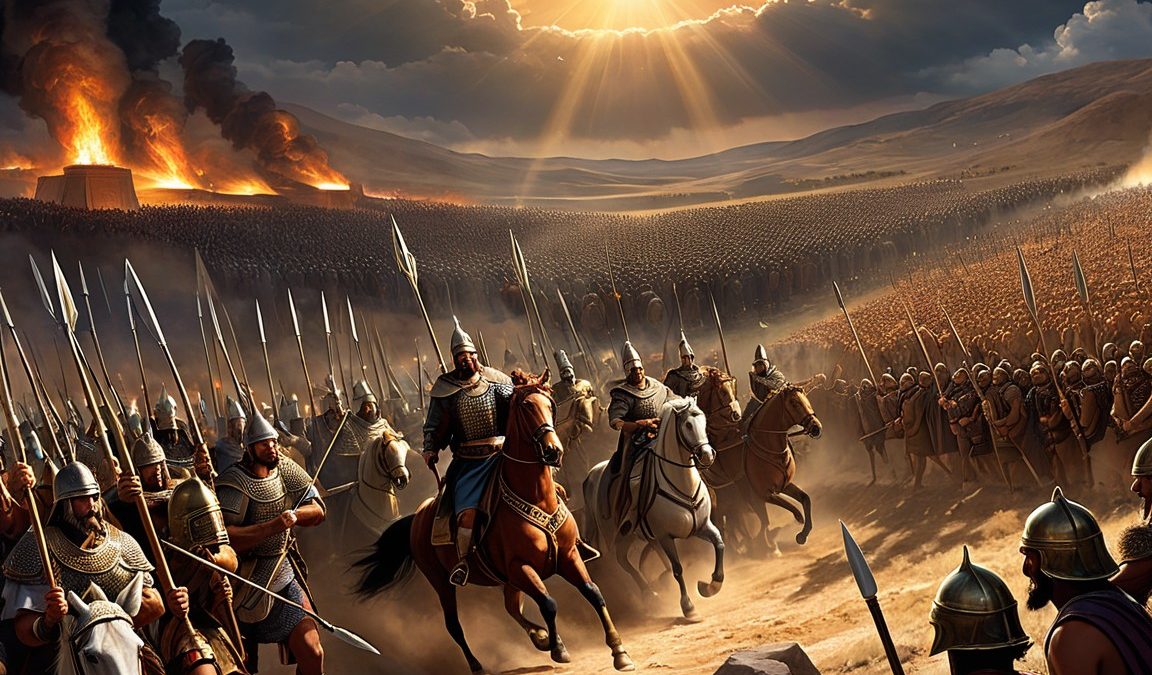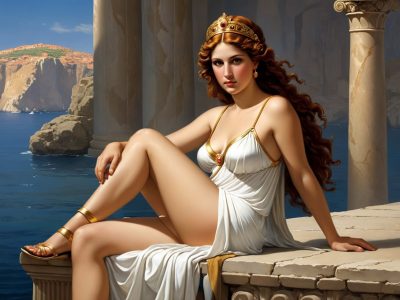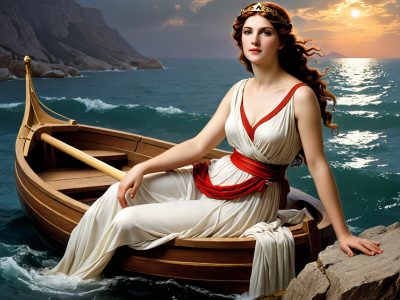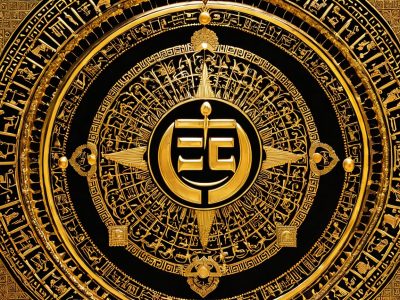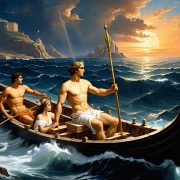Let’s start with the fact that science and religion appeal to the fundamental criterion of human cognitive activity such as truth. Today in the world alone within Christianity itself, there are more than 2,000 different groups, sects and churches with claims to even the absolute truth. However, the last two centuries, science is moving in great leaps in its development, transforming our consciousness, state of being, as well as our everyday life. It seems that science is able to explain everything that happens, at a time when religious consciousness appeals mostly to conservatism and fundamentalist clichés.
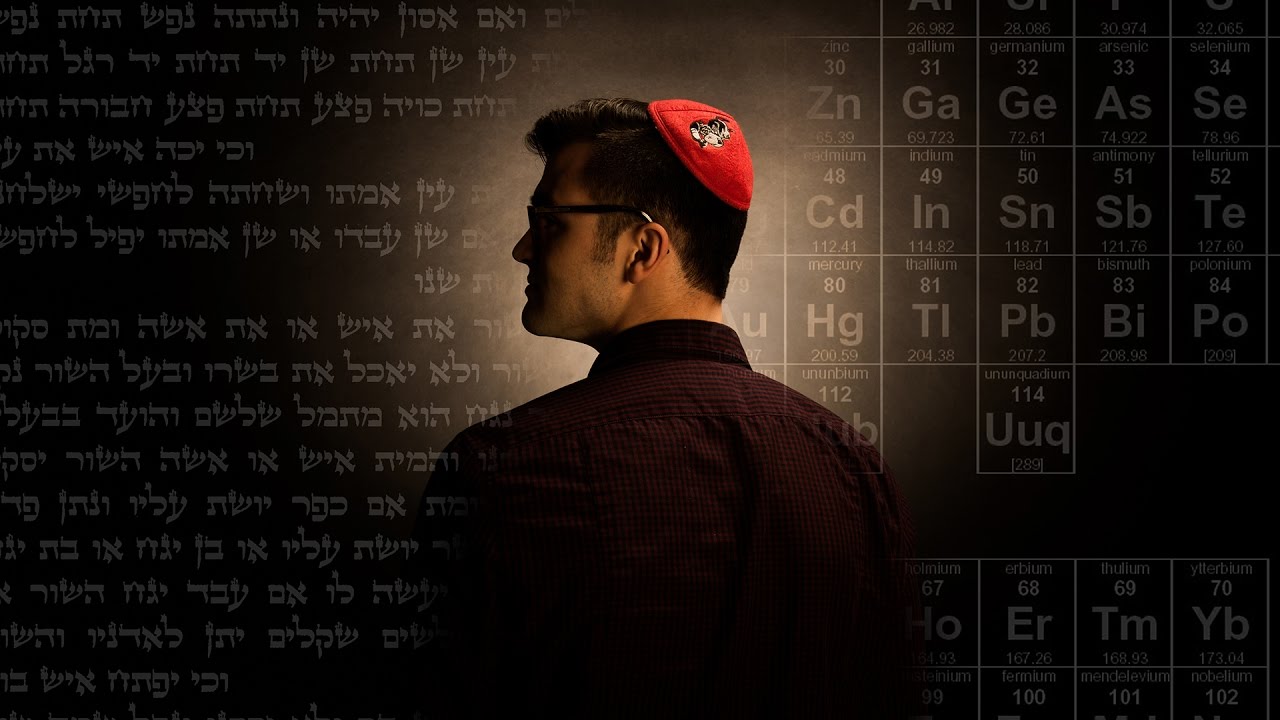
The main way to learn the religious worldview is faith, the basic elements of which are passed down to us from generation to generation. However, at the level of theoretical knowledge, there is a process of systematization and renewal of worldview in the absence of change, which occurs both directly in life and in the field of knowledge and development of culture in general.
The scientific nature of thinking, in contrast to religious consciousness, develops at the level of theoretical consciousness. Until now, science was satisfied only with human curiosity and the ability to ask questions before incomprehensible and unsubstantiated facts, now all spheres of human life, permeated by science, from legal to socio-economic spheres, «work» for man.
In the historical development of Europe, given its specific socio-cultural development, there was an interesting paradox, especially in the Renaissance: scientists like Galileo, Newton, Copernicus, Bruno, who studied nature, found no contradictions between the idea of rational design of God the Creator and scientific facts. which they knew and researched. For example, Newton, who discovered the laws of mechanics, the law of gravity, studied the diffraction and interference of light, as well as the integral number system; first formulated the hypothesis of light as a stream of particles — showed his firm belief in miracles and prophecies in his interpretation of the book of the prophet Daniel and Revelation. But Pascal, who became famous for his own work in the fields of hydrodynamics and geometry, built his whole life on the principle of living in God and for God. According to the scientist, the Christian faith is the only spiritual center that is able to satisfy the rational and spiritual needs of man. There is no doubt that the age of the New Age and the Enlightenment have become epochs that dragged humanity into the time of scientific fever, in which it is to this day.
Given all the above provisions on the subject of discourse between the scientific worldview and the foundations of religious faith, it should be concluded that the wider the worldview of a person who has learned many facts of the materialist side of his existence — the possession of such facts leads to new mysteries in the spiritual realm. . At the same time, the available amount of knowledge is the basis for future forecasting, and practice is a factor that leads to continuous clarification, expansion of knowledge and the discovery of some previously unknown or little-known facts. Undoubtedly, science and religion are two bases in the knowledge of the world of nature and the spiritual sphere of life, which complement and support each other, while having their own autonomous sphere of knowledge.
Oksana Kudkudak — student of the University «Academy of Recreational Technologies and Law»

